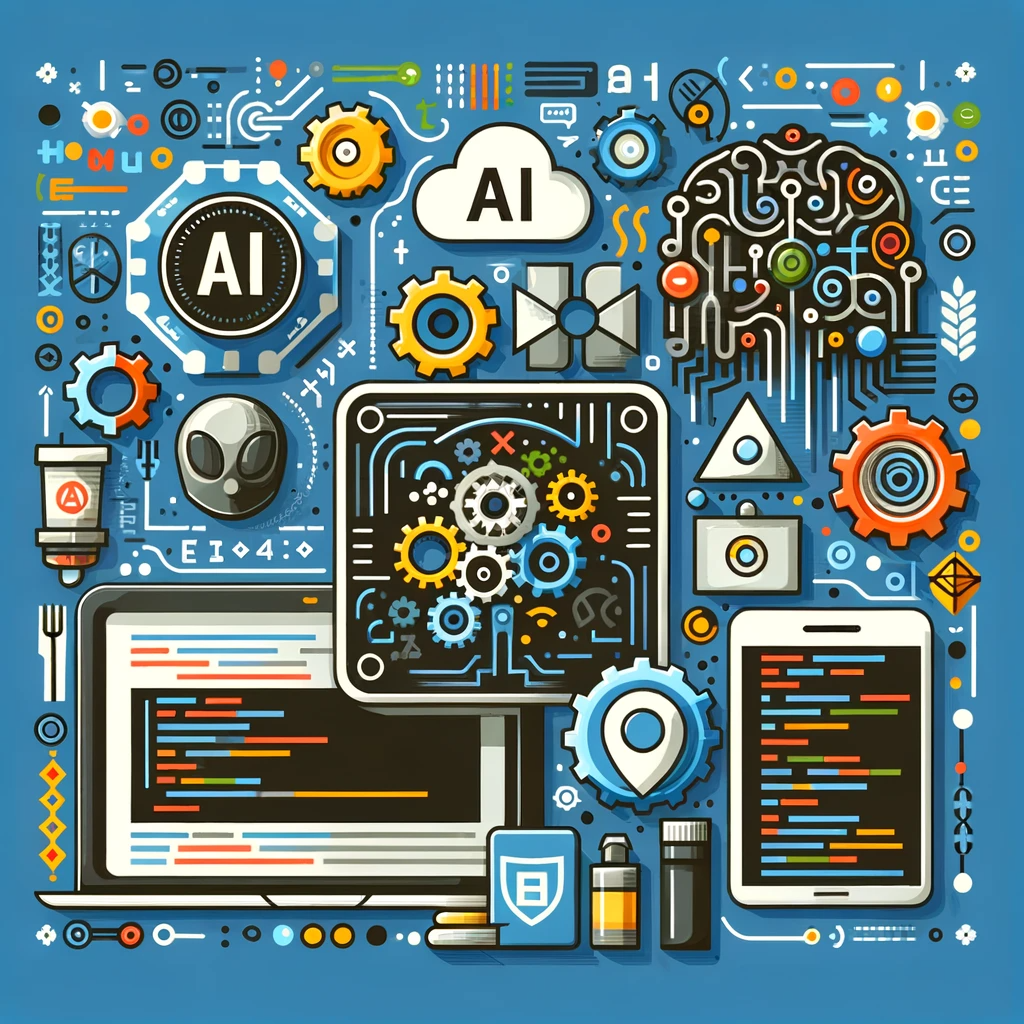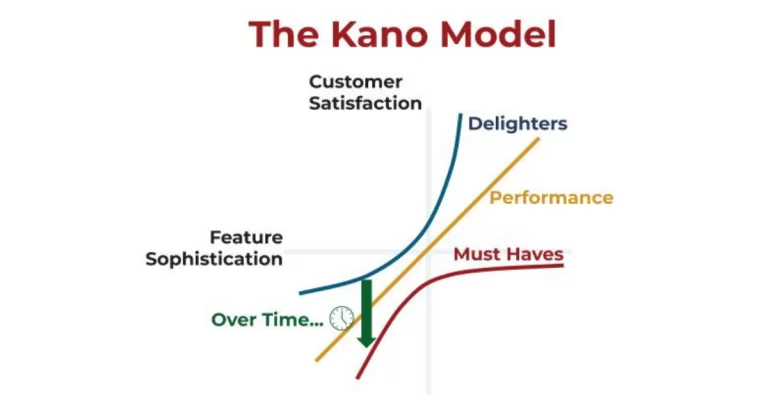Introduction
In the swiftly evolving tech landscape, the advent of Artificial Intelligence (AI) and automation marks a pivotal turn. These technologies are not just buzzwords; they are potent forces reshaping industries and professions, including the realm of software engineering. Once predominantly focused on coding and system architecture, the role of the software engineer is now undergoing a fundamental transformation. This shift is driven by the integration of AI algorithms and automation tools into the software development lifecycle, altering the skills and approaches necessary for success. As we delve deeper into this age of digital transformation, it’s imperative to understand how these changes are redefining the role of software engineers, setting new benchmarks for innovation, efficiency, and creativity in the field. This transformation presents a unique blend of challenges and opportunities, demanding a reevaluation of traditional practices and a fresh perspective on what it means to be a software engineer in today’s tech-driven world.
The Changing Nature of Software Engineering
The landscape of software engineering is being radically reshaped by AI and automation. The traditional role of the software engineer, once heavily focused on writing and reviewing code, is now expanding to include a broader range of responsibilities. AI-driven tools and platforms are automating routine coding tasks, allowing engineers to focus more on strategic problem-solving and innovative design.
This shift is not just about the automation of tasks but also about the enhancement of the software development process. Engineers are now expected to have a deeper understanding of machine learning algorithms, data analytics, and AI integration. This requires not only technical acumen but also a strategic mindset to leverage these technologies effectively.
Moreover, software engineers are now playing a critical role in the ethical implementation of AI. As AI systems become more prevalent, engineers need to consider the ethical implications of their work, ensuring that AI systems are fair, transparent, and accountable. This new dimension adds a layer of complexity to the role, necessitating a skill set that balances technical expertise with ethical reasoning.
In essence, the role of the software engineer is evolving from being predominantly code-centric to a more holistic, multifaceted profession. This evolution is driving engineers to become not just coders, but innovators, strategists, and ethical guardians in the digital world.
New Opportunities for Software Engineers
The dynamic shift in software engineering driven by AI and automation is opening a spectrum of new opportunities. Software engineers now have the chance to specialize in burgeoning fields like AI ethics, data engineering, machine learning, and cloud architecture. These domains require a blend of specialized technical skills and a profound understanding of the broader business and ethical context in which technology operates.
Engineers adept in big data analytics, cloud computing, and AI are increasingly in demand as businesses seek to leverage these technologies for competitive advantage. Moreover, the surge in data-centric applications has elevated the role of data engineers, who are pivotal in designing systems that efficiently handle, process, and analyze large datasets.
The rise of AI has also spawned roles focused on the ethical implications of technology. Positions like AI ethics officers are becoming crucial in ensuring that AI solutions are developed and deployed responsibly.
Additionally, software engineers with an entrepreneurial spirit find this era ripe for innovation. The ability to create and deploy digital solutions rapidly opens pathways for tech-savvy entrepreneurs to develop new products and services.
In this evolving landscape, the software engineer’s role is no longer confined to traditional boundaries. It’s an era where continuous learning, adaptability, and cross-disciplinary knowledge become key to unlocking these new, exciting opportunities.
Challenges and How to Overcome Them
Navigating the AI and automation-driven landscape presents significant challenges for software engineers. The rapid pace of technological advancement necessitates a commitment to continuous learning and adaptability. Keeping skills up-to-date is essential but can be daunting given the breadth of emerging technologies.
To overcome these challenges, software engineers should embrace a culture of lifelong learning. Engaging with online courses, workshops, and industry certifications can help stay abreast of current trends and technologies. Building a strong professional network and participating in tech communities also offer avenues for learning and staying informed.
Another key challenge is the integration of ethical considerations into technological development. Engineers must balance technical proficiency with an understanding of the broader social and ethical implications of their work. Seeking interdisciplinary experiences and training in areas like AI ethics can provide valuable perspectives.
Lastly, soft skills such as problem-solving, communication, and teamwork are increasingly important. Developing these skills can enhance an engineer’s ability to collaborate effectively and adapt to changing environments.
In essence, overcoming these challenges involves a blend of continuous technical upskilling, ethical understanding, and soft skills development, ensuring that software engineers remain versatile and relevant in an ever-evolving industry.
Case Studies/Examples
- Transition to Machine Learning Engineering: Sarah, a traditional software engineer with a background in web development, recognized the growing importance of machine learning (ML). She undertook a series of online courses in ML and data science. Utilizing her new skills, she transitioned into a machine learning engineer role within her organization, where she now develops predictive models for customer behavior.
- Embracing Cloud Computing: John, initially a software engineer focused on on-premises solutions, saw the shift towards cloud technologies. He obtained certifications in cloud platforms like AWS and Azure, which led to his current role as a Cloud Solutions Architect, designing scalable and efficient cloud infrastructures.
- AI Ethics Advocate: Priya, intrigued by the ethical implications of AI, pursued additional training in AI ethics. Her expertise in this niche area allowed her to become an AI Ethics Officer, ensuring that her company’s AI applications adhere to ethical standards and societal norms.
These examples illustrate how embracing continuous learning, adapting to new technologies, and exploring emerging fields can lead to exciting and fulfilling career paths for software engineers.
Conclusion
The era of AI and automation heralds a transformative phase for software engineers, offering new horizons and challenges. Embracing this change, with a focus on continuous learning and ethical responsibility, opens pathways to innovation and professional growth in this exciting and ever-evolving field.





